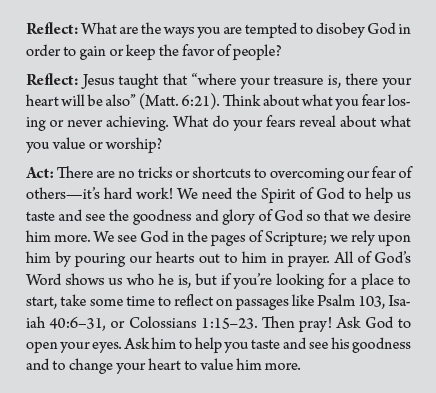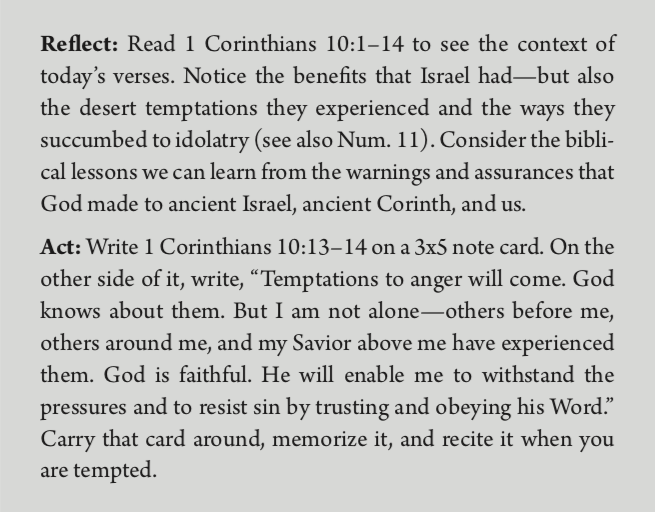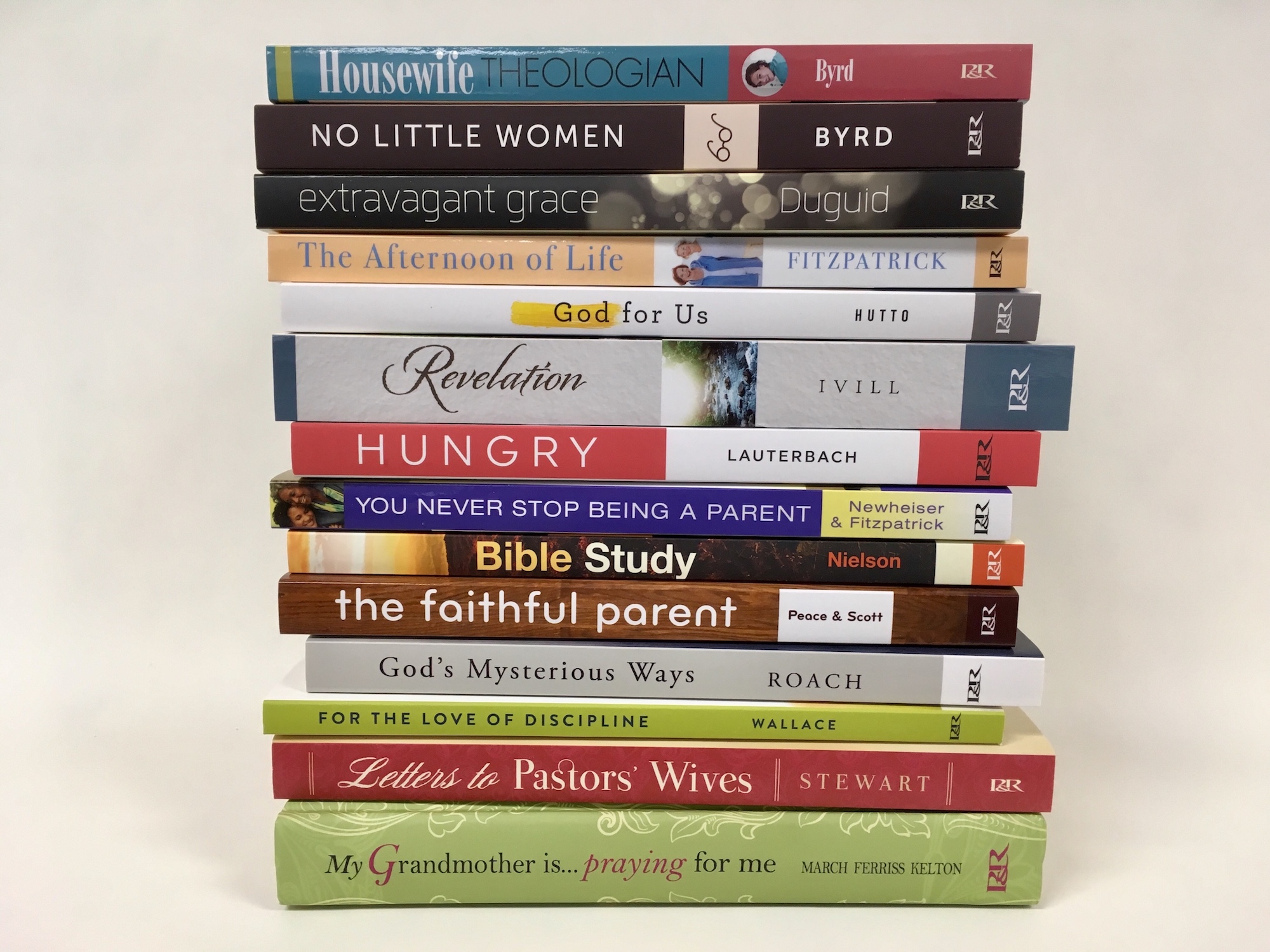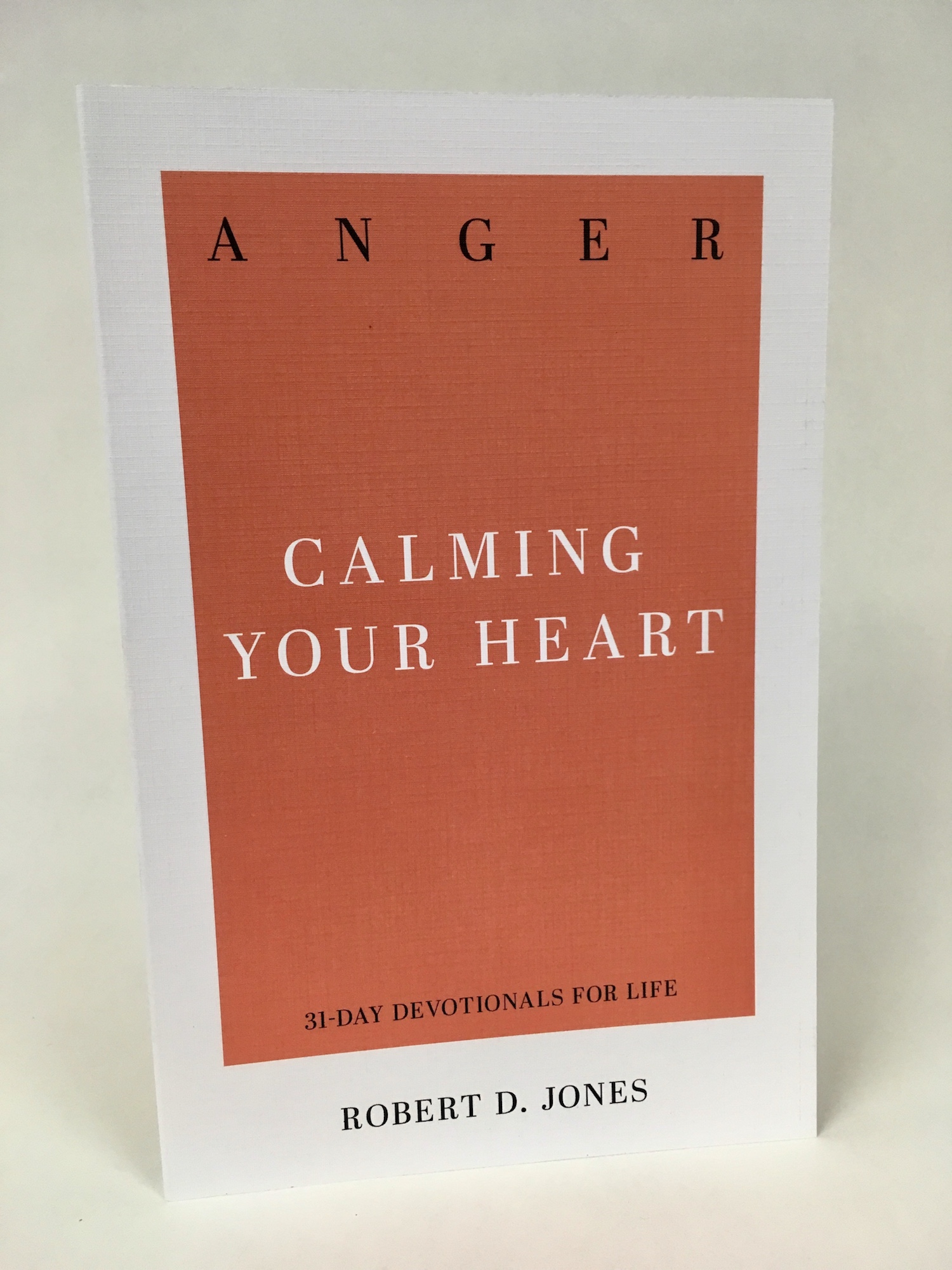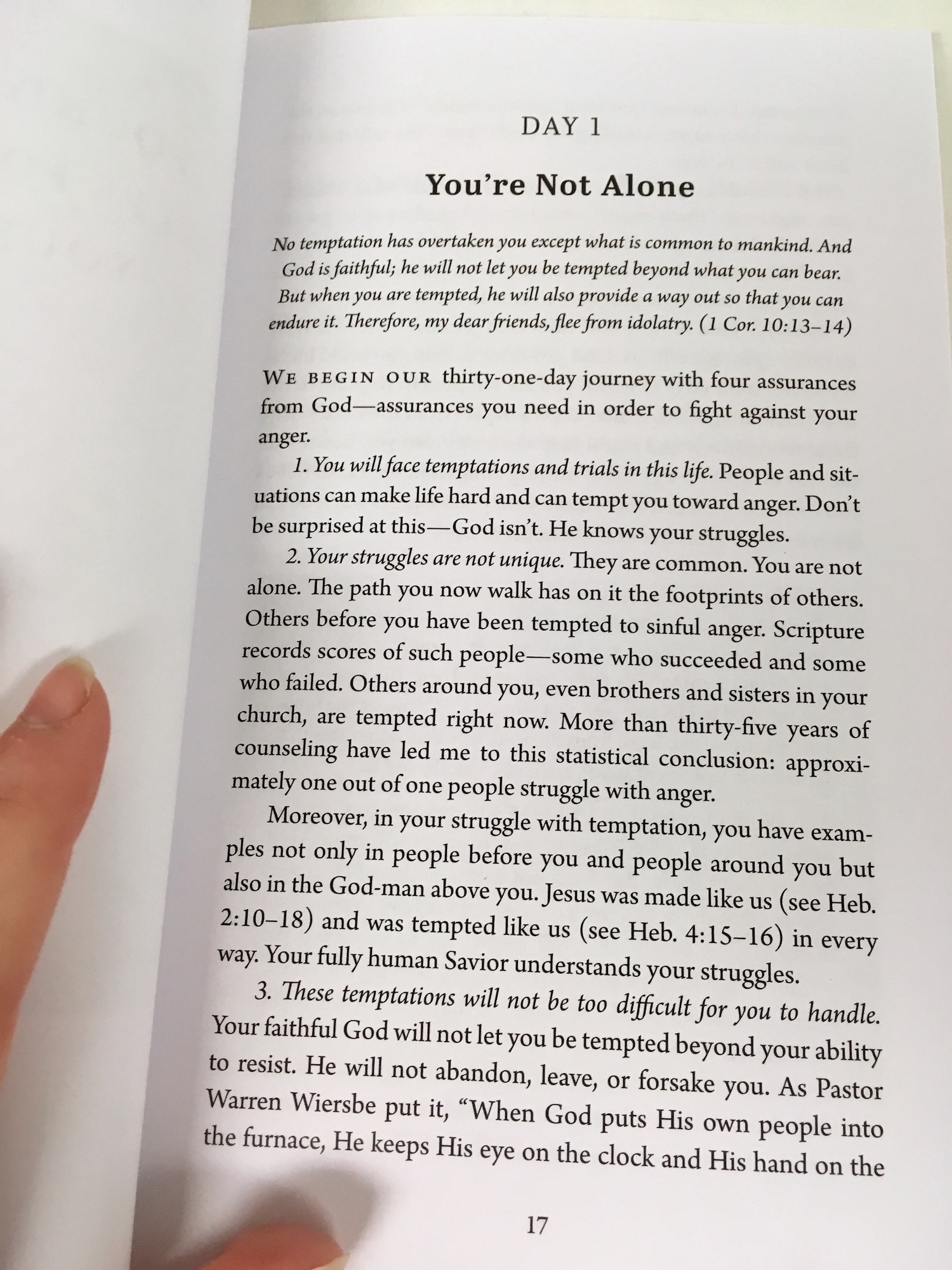This author interview is with William P. Smith, author of Assurance: Resting in God’s Salvation in our 31-Day Devotionals for Life series.

- Tell us a little bit about yourself: where you’re from, family, job, personal interests, unique hobbies, what you do in your spare time, etc.
I’m a Northeast Seaboard guy, having been born and raised in New Jersey and spent most of my adult life in and around Philadelphia. Most of what I’ve done occupationally has been in some form of ministry, whether in an inner-city mission, as a biblical counselor, a seminary professor, event speaker, author or on a church staff. The theme running through all those things is my passion to show people how God longs to connect with them in the midst of their fear, shame, apathy and sin.
I’m married to an amazingly gracious lady for over 27 years now and have three children who are all in the launch phase of their lives as they enter into adulthood. I love taking walks with my wife, spending time talking with our kids, going to their sporting events, rehabbing our home, gardening, cooking, watching movies and reading, especially novels. Given my druthers, there’s nowhere better to be than down the shore or on a bay.
- Which writers inspire you?
While I’ve benefitted from many, many authors, one of the biggest influences on me is CS Lewis. Whether it’s his fiction or his prose, I’ve grown so much from how he engages a fallen world with the beauty and power of practical faith in Christ. Another favorite author of mine was Lewis’s friend, JRR Tolkien. Tolkien takes simple words and constructs an entire world that I’d want to live in. If Lewis teaches me about myself as an individual, Tolkien takes that (very small) individual and locates them within evil’s war against God and the various strategies that God uses to end that war. Both authors fire my imagination for what faith and hope look like on a daily basis.
- The Lord of the Rings or The Chronicles of Narnia? Why?
Ha! Great question based on what I just said. While I’ve learned and read both series several times as an adult, my clear preference is LOTR. It draws out my desire to do big things despite the little hands that I have and it hardens my resolve to keep going when life is just plain hard. I’ve read some of Lewis’ other fictional works more often than LOTR, especially The Great Divorce, but of the two series, Tolkien’s has been more formative and enjoyable for me.
- Do you have a favorite quote?
I kind of go through different quotes during different seasons of life. One that I’ve turned to repeatedly over the past several years when things weren’t always going so well is from JK Rowling. My wife found it initially and posted it on our refrigerator door, then later, my daughter transferred it onto a canvas that’s now prominently displayed in our kitchen. It reads: It is impossible to live without failing at something, unless you live so cautiously that you might as well not have lived at all. It helps to keep me pressing forward when I’m inclined to pull back and stop trying.
- Have you always enjoyed writing?
I have always enjoyed writing, but I’ve not always been very good at it. I still have a small collection of stories and poetry dating back to early grade school, but then came years of struggling with English as a school subject, and years of losing that struggle. Seminary and grad school helped teach me the hard discipline of writing whether I feel like it or not, but that turned my writing dense and impenetrable.
Then Jesus came along and challenged me to be more accessible. My mom pointed out once that he never taught the crowds without using a parable (Matt. 13:34-35). Sometimes he did so to cloak his message, but in those verses, it was also to make invisible things clearer. He set a bar for me of learning how to say difficult things more simply by taking everyday elements and using them as windows to see more profound realities. That kind of communicating is something that I enjoy doing—and almost feel a need to do—and most of the time, have to sweat to make happen.
- What advice would you give to aspiring writers?
I’ve heard people say that to write well, you need to read a lot and to read widely. I think that’s very true. Reading gives you a sense of how words go together that you can only develop if you have a lot of familiarity with them.
I also think you need to write a lot and to write regularly. So, if you want to be a writer, make writing a near-daily part of your routine. Write to express yourself and to help clarify what you’re thinking and feeling. Resist the impulse to write perfect copy and instead, focus on getting your ideas down first; there’s always time to go back later and clean them up.
Oh, and this is really important: don’t listen to people who don’t create anything. The world is full of critics who haven’t put themselves out in the public sphere by producing anything of any value themselves. Ignore them (easier said than done!) and find people who have taken that risk and listen to them instead.
- Do you have an interesting writing quirk?
I don’t know if it’s interesting, but I write best by sitting down first with a pen and a pad of paper and letting myself think. That lets me generate thoughts and ideas that then progress to sentences and paragraphs. I think that process slows me down enough to figure out what I’m trying to say and where I’m actually trying to go. When I’ve tried moving to the computer too quickly, the results take longer and haven’t been as good.
- Do you have a favorite sport to watch?
Yes—whatever my children are competing in at the time!
Both, depending on the time of day. I grew up drinking tea and then married a Brit, so for decades we used to have tea twice a day whether we needed it or not. We still start the day with a mug, but then I’ll go through several cups of coffee (mostly decaf now) throughout the rest of the morning.
How can readers discover more about you and your work?


